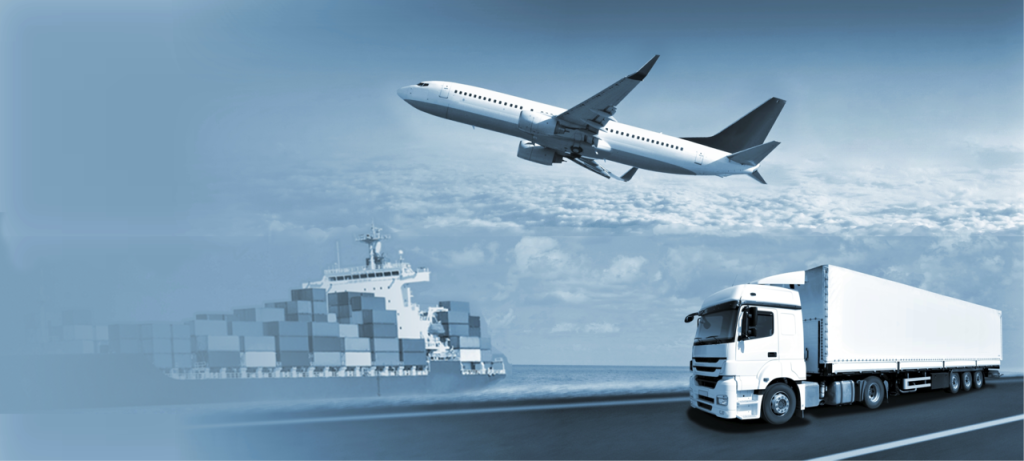Logistics Redefined – Navigating the Future of Delivery with Expertise
In the ever-evolving landscape of global commerce, logistics stands as the linchpin that binds together the complex web of supply chains and ensures the seamless flow of goods from manufacturers to consumers. The future of delivery is undergoing a paradigm shift, and it is imperative to redefine logistics to meet the demands of this dynamic era. In this era of rapid technological advancement and shifting consumer expectations, expertise in logistics has become the key differentiator for businesses aiming to thrive in the competitive market. From the traditional brick-and-mortar stores to the burgeoning e-commerce giants, everyone is reevaluating their delivery strategies to stay ahead of the curve. The acceleration of e-commerce, driven by technological innovations and changing consumer behaviors, has catapulted the logistics industry into uncharted territories. The rise of same-day and next-day delivery expectations has become the new norm, challenging logistics providers to enhance speed, accuracy, and reliability in their operations.

To navigate this future, companies are leveraging cutting-edge technologies like artificial intelligence, machine learning, and the Internet of Things IoT to optimize their supply chains. Predictive analytics are now employed to forecast demand accurately, enabling businesses to align their inventory levels with consumer needs, reducing the risk of overstock or stockouts. Furthermore, the integration of robotics and automation in warehouses has revolutionized order fulfillment processes. Autonomous robots collaborate seamlessly with human workers, streamlining tasks such as picking, packing, and sorting. Drones are increasingly being explored for last-mile delivery, promising to further expedite the shipping process and reduce delivery times. These technological advancements not only enhance efficiency but also contribute to sustainability efforts by minimizing carbon footprints through optimized route planning and resource utilization. In the quest for a more sustainable future, logistics experts are prioritizing eco-friendly practices of route optimization in e-commerce. From the adoption of electric and autonomous vehicles in transportation to the implementation of green packaging solutions, the logistics industry is actively seeking ways to minimize its environmental impact.
This shift towards sustainability not only aligns with corporate social responsibility but also resonates with environmentally conscious consumers who are increasingly making purchasing decisions based on a company’s commitment to eco-friendly practices. The logistics ecosystem is also witnessing a rise in collaborative efforts and partnerships. Businesses are recognizing the value of strategic alliances to optimize the entire supply chain process. From collaborating with technology providers to partnering with other logistics companies for shared resources, these alliances aim to create a more interconnected and efficient delivery network. In conclusion, the future of delivery hinges on the ability of logistics professionals to adapt to the changing landscape. By embracing technological advancements, prioritizing sustainability, and fostering collaborative relationships, logistics is being redefined as the heartbeat of modern commerce. The expertise required to navigate this future goes beyond traditional supply chain management; it demands a holistic approach that integrates innovation, sustainability, and collaboration.